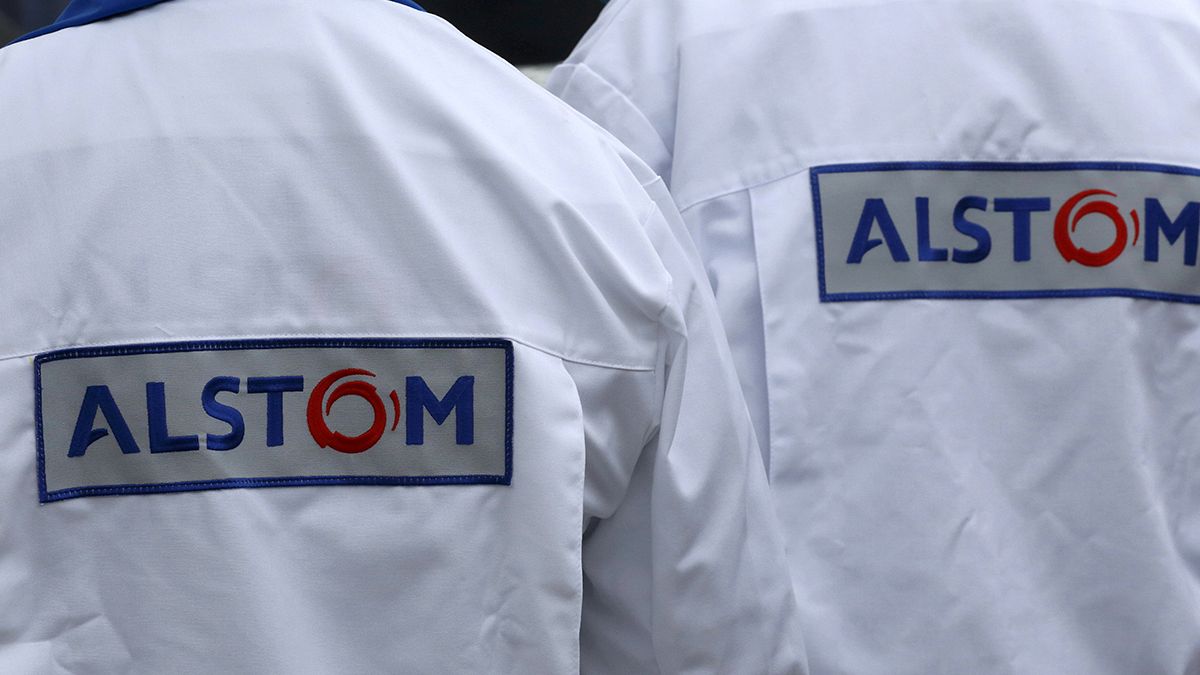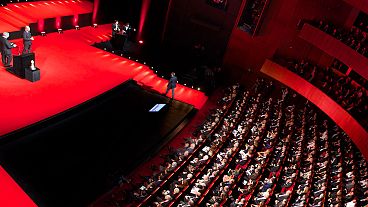The French government has moved to preserve Alstom jobs by ordering 21 high speed trains even without high speed lines for them to run on.
Protests and pre-election politics seem to have won out over industrial planning in France.
The government has moved to preserve jobs at an Alstom train manufacturing plant by ordering 21 high speed TGV trains even though there are currently no high speed lines for them to run on.
Alstom had wanted to stop building trains there and transfer work to another French facility near the German border. The workers would have offered jobs at the other plant.
Grâce à la mobilisation de l'État et à l'engagement de tous, le site d'Alstom de Belfort est sauvé ! #Fiersdenotreindustrie
— Manuel Valls (@manuelvalls) October 4, 2016
The French Prime Minister Manuel Valls tweeted “Thanks to the state and everybody getting involved Alstom’s site at Belfort has been saved”.
The orders avoid a high-profile industrial shutdown seven months before a presidential election, but the problem is Alstom will be building fast trains with only slow tracks for them to run on.
French Government and #Alstom present a plan to maintain the railway and industrial activities on Belfort site https://t.co/nqGCfxvu4R
— Alstom (@Alstom) October 4, 2016
There are plans to upgrade southern routes to accommodate TGV speeds, but there are also doubts about when, and even whether, this will happen. French senators last month called for a 15 year freeze on financing for new TGV lines.
“You’re buying a Ferrari to drive up and down a country lane for 10 years,” economist Nicolas Bouzou said on BFM TV.
On top of the 15 trains for the south, state rail operator SNCF has confirmed a long-awaited order for six more TGVs for a future high-speed link between Paris and the Italian cities of Milan and Turin. Approval for that upgrade came in 2015 but work on it has yet to start in earnest.
In addition the 630 million euro reported cost of the trains comes at a time when the French government is supposed to be cutting spending to reduce its deficit.



